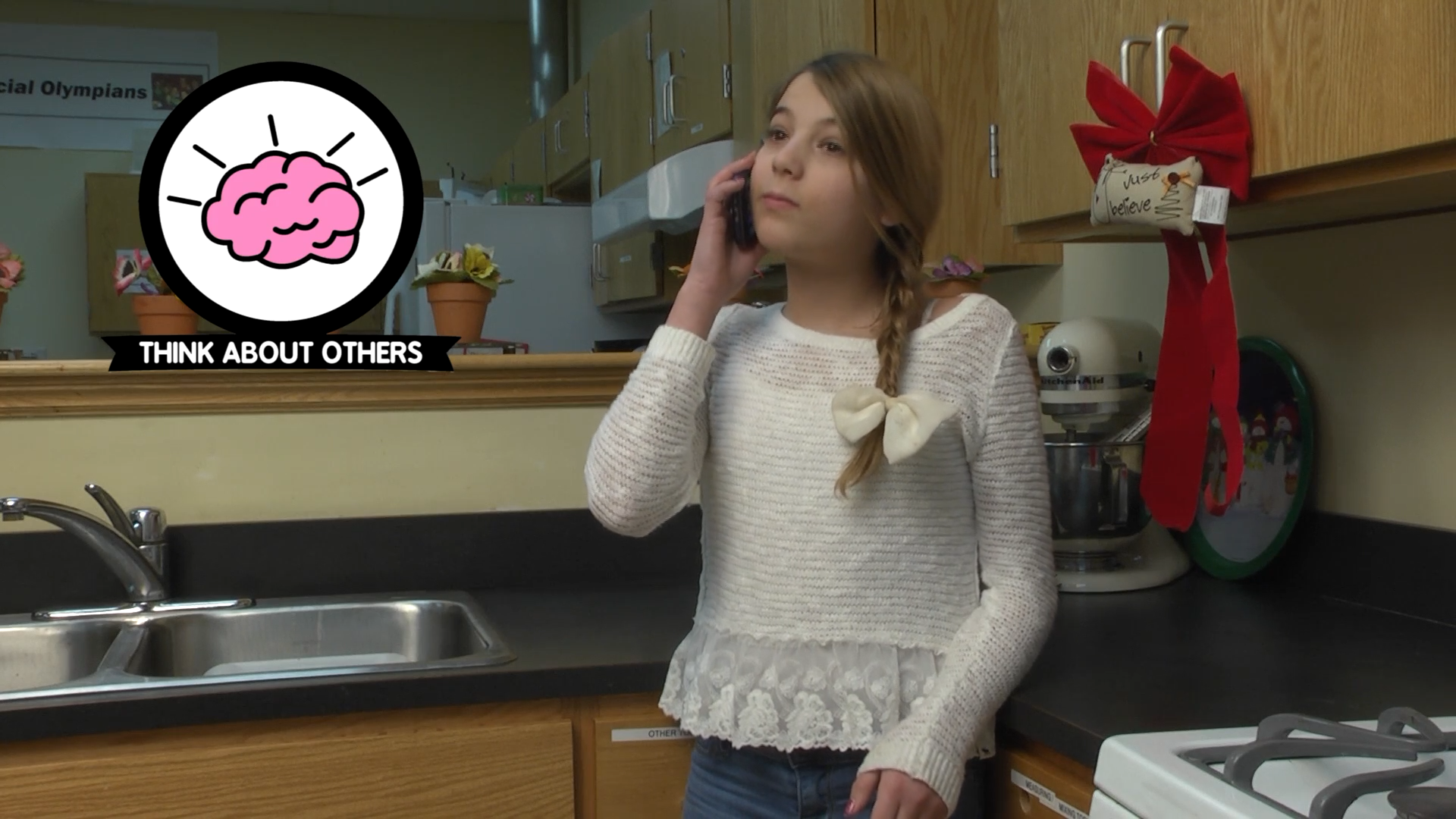
Introduction
Phone etiquette is an essential social skill for students to learn, especially in special education settings. This blog post will discuss an engaging no-prep activity that educators can use to teach their students about proper phone etiquette, such as knowing the right time to call, how to ask for the person you want to speak with, and controlling the number of times you call. Additionally, we will provide discussion questions, mention related skills, and guide you on how to access free sample materials for further practice.
No-Prep Activity: Role-Playing Phone Conversations
This activity requires no preparation or materials and is perfect for teaching phone etiquette to special education students. The educator will guide the students through role-playing different phone conversations, focusing on the essential rules of phone etiquette. Here’s how the activity works:
- The educator explains the basic rules of phone etiquette, such as checking the time before calling, asking for the person you want to speak with, and limiting the number of times you call.
- Students are paired up and given a scenario to role-play. For example, one student could be calling a friend to invite them to a party, while the other student pretends to be the friend’s parent who answers the phone.
- The pairs take turns practicing the phone conversation, following the rules of phone etiquette discussed earlier.
- After each role-play, the educator provides feedback and discusses what the students did well and what could be improved.
Discussion Questions
After completing the no-prep activity, use these discussion questions to stimulate further conversations about phone etiquette:
- Why is it essential to ask for the person you want to speak with when making a phone call?
- What are some potential consequences of calling someone too early or too late in the day?
- How can you decide when it’s appropriate to call someone multiple times versus waiting for them to return your call?
- What are some other situations in which phone etiquette is important, such as leaving a voicemail or answering someone else’s phone?
Related Skills
Teaching phone etiquette to special education students also helps them develop other essential social skills, such as:
- Active listening
- Empathy and understanding others’ perspectives
- Clear and respectful communication
- Problem-solving and decision-making in social situations
Next Steps
Now that you have a better understanding of how to teach phone etiquette to special education students, it’s time to put these ideas into practice. To help you get started, we invite you to sign up for free sample materials that cover this skill and many others. These resources will provide you with engaging and effective ways to support your students in developing essential social skills for success in everyday life.





